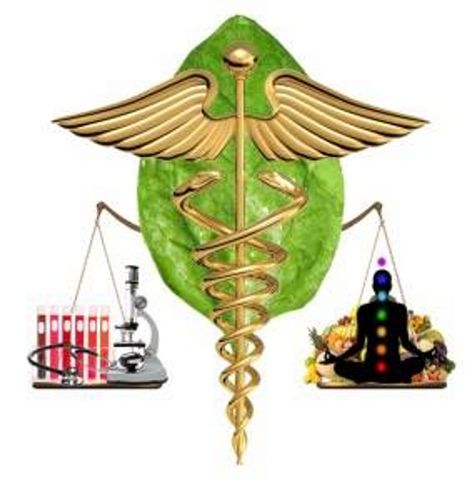From the dawn of time, mankind has always had the need for food. We ate out of necessity and not boredom or pleasure. There were seasonal differences in diet, activity, and environmental stressors. Ancient civilizations had to work to meet their daily needs. They contended with environmental factors like changing seasons and climate, the availability of good food sources, and the stresses of disease, attack by prey and other men. In general, men would hunt for meat while the women and children would gather fruits, vegetables, and nuts which would sustain the group for long periods of time. There were no convenience stores stocked to the ceilings with every type of product imaginable for early man.
Today our diets are vastly different. We live on a diet of high caloric foods with little to no nutritional value. We consume foods that provide quick bursts of energy, instead of longer, sustained natural energy. Could this imbalance be causing a disruption in our bodies and our cells that produce energy? Could it be that our ancient ancestors lived longer/healthier lives than we are living today?
Our bodies convert food into fuel in cells called mitochondria. We produce energy in our Mitochondrial cells, which we inherit only from our mothers. Mitochondria are the brain and energy powerhouses of the cell. They are a part of all our cells, with the greatest abundance being in our skeletal and cardiac muscles. Their function is to convert metabolic products of ingested proteins, carbohydrates, and fats into energy called ATP. ATP powers all our important bodily functions. When functioning properly and producing ATP, our Mitochondria will burn at a temperature of approximately 50 degrees Celsius (122 Fahrenheit). Our bodies have a temperature of 37 degrees Celsius (98.6 degrees Fahrenheit), the excess produced in mitochondrial cells may allow our bodies to regulate and maintain this temperature. The amount of energy that is available to our bodies is based on how efficiently the mitochondria are working. When we get tired, most people reach for something quick and easy which typically has more carbohydrates. Instead, we should think about how we can maximize our mitochondrial energy production by eating foods high in proteins, low in carbohydrates, or even fasting.
Because our ancestors maintained active lifestyles their bodies contained leaner skeletal muscle. Skeletal muscle has a higher concentration of mitochondrial. This lean muscle meant their energy needs were higher and required more calorie intake or they had to burn the available fat stored in their bodies. Walking outside in fresh air, exposure to sunlight and temperature fluctuations all played a role in optimizing their metabolism. This made their bodily functions more efficient than ours are today. Food allergies and sensitivities were rare since food was not processed and changed from its natural form, making early societies stronger and more disease resistant.
As mankind found ways to store and preserve foods, the demand to preserve and alter the supply grew and lead to changes in how our bodies processed, stored, and utilized food for energy. Diseases like type 2 diabetes became more prevalent as did many others.
The more sedentary we have become, the need to find and grow food decreased. Now we had food and supplies being brought directly to us. Progressively we have become larger, less efficient, and more sensitive and disease-ridden than ever before. Could maintaining a balanced, raw, seasonal diet, regular varied exercise, seasonal migration, and forced or religious fasting, have a greater role in overall health and wellbeing? It is apparent that the excesses, and abundance we enjoy, are a hindrance and ultimately will destroy us.













